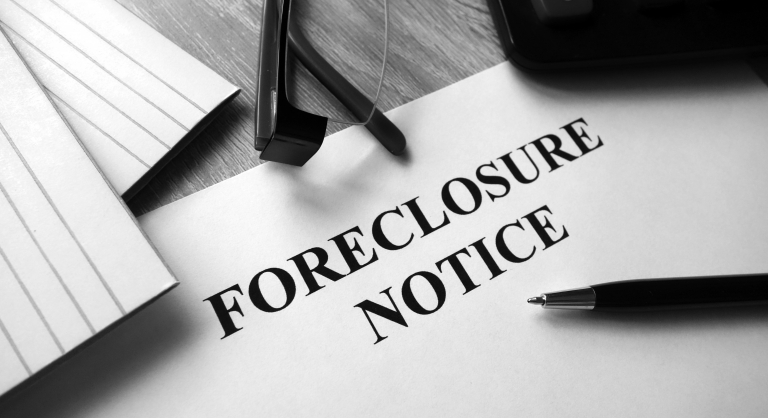Client Alert: A Victory For Lenders – The Massachusetts Supreme Judicial Court Holds That a Pre-foreclosure Notice of Default and Right to Cure That Complies with State Law is Not Potentially Deceptive
The Massachusetts Supreme Judicial Court’s recent decision in Thompson v. JPMorgan Chase Bank, N.A., — N.E.3d —-, 2020 WL 7238390, at *4 (1st Cir. Dec. 9, 2020) represents a substantial victory for the financial services industry by clarifying that a lender’s pre-foreclosure notice of default and right to cure that complies with state law will insulate the notice from attack as potentially inaccurate or deceptive. Massachusetts law requires a lender’s pre-foreclosure notice of default and right to cure to provide the borrower with a right to reinstate the mortgage after acceleration until the time of sale. The Court’s holding means that the lender’s notice is not inaccurate or deceptive to render the subsequent foreclosure sale void even if the notice fails to include the more restrictive language found in paragraph 19 of the GSE Uniform Mortgage that terminates a borrower’s right to reinstate the mortgage five days before the sale.
In Thompson, the borrower commenced suit against the lender 30 days after the sale alleging that the lender’s pre-foreclosure notice was deceptive because it failed to include the limitation in paragraph 19 of the GSE Uniform Mortgage that the right to reinstate the mortgage is available only up to five days before the sale. The district court held that the lender’s strict compliance with paragraph 22 of the mortgage did not require it to specify the specific conditions placed on the plaintiff’s right to reinstate contained in paragraph 19 of the mortgage. However, the First Circuit overruled the district court, holding that the notice was potentially deceptive because it could mislead borrowers to believe that they could wait until moments before the sale to tender the required cure payment.
On reconsideration, the lender and several amici argued that a lender’s pre-foreclosure notice must be sent unaltered and in strict compliance with Massachusetts law, and that substantial upheaval would follow in the residential mortgage market if the decision were to stand. The First Circuit then set aside its decision and certified the following question to the SJC:
Did [defendant’s] statement in the August 12, 2016, default and acceleration notice that “you can still avoid foreclosure by paying the total past-due amount before a foreclosure sale takes place” render the notice inaccurate or deceptive in a manner that renders the subsequent foreclosure sale void under Massachusetts law?
The SJC answered the question “No.” The SJC concluded that the more generous reinstatement period provided for under Mass. General Laws Chapter 35A until the time of sale takes priority over the contractually imposed time limits on reinstatement set forth in paragraph 19 of the GSE Uniform Mortgage. This means that a borrower can, in fact, reinstate the mortgage after acceleration by tendering the required cure amount even moments prior to a scheduled sale. The SJC’s ruling was grounded in other provisions of the mortgage, including paragraph 12 that gives the lender the ability to extend the deadline for a reinstatement payment, and paragraph 16 that provides that all rights and obligations under the mortgage are subject to the requirements and limitations of applicable law.
The Court’s decision resolves prior uncertainty in this area of the law and avoids the prospect of potential legal challenges to a large number of prior foreclosure sales.
Categorized: Client Alerts, Publications
Tagged In: pre-foreclosure notice


